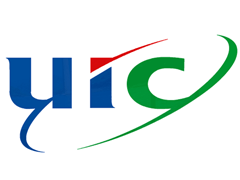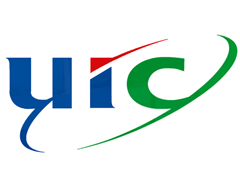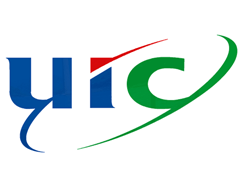
INTERNATIONAL: Proposals to revise the statutes of the International Union of Railways were circulated for consultation by Provisional Administrator Béatrice Dunogué-Gaffié last month. Appointed by a Paris court earlier this year (RG 6.08 p361), Dunogué-Gaffié was able to write to UIC Chief Executive Luc Aliadière on September 19 to assure him that there had been ‘no misappropriation of UIC monies'.
This followed an audit by Bellot Mullenbach & Associés, which investigated not just the allegations that some part of €5m destined for training senior managers of UIC member railways had gone astray, but also the way in which UIC conducted its business. In short, the auditors found the headquarters organisation to be a shambles.
The funds were provided by Indian Railways (€3·05m) and Spoornet (€1·25m), but somehow part of their contributions was double-counted as it passed through UIC's organisation. The money was to be spent by Irsmi, which was set up in 2005 to organise the training scheme. The then Director of the World division, Vipin Sharma (now Deputy Chief Executive) was delegated to represent UIC. The other founding members of Irsmi were Editions Techniques Ferroviares and Langues & Technique. These were both wholly-owned subsidiaries of UIC, and André Michel, then UIC Secretary-General but since retired, acted as their legal representative.
Dunogué-Gaffié refers to ‘the creation in 2007 of two one-person limited liability companies bearing the very names of the creators (V Sharma and A Michel) whose headquarters are located at the personal addresses of each of them'. She says this was done on legal advice by UIC's lawyers and ‘to the best of our knowledge the two structures have not had any activity'.
While the auditors describe the training project as ‘really ambitious', after three years of experimentation ‘it would now seem urgent to set up a proper business plan linking all the parties to the association, and relying on a partner whose contribution will go beyond the mere supply of training days'.
Astonishment is expressed that the Chief Executive, no less, ‘complains about a lack of information to such an extent that UIC suspects some fraudulent operations in a structure where it theoretically has all legal and managerial powers since the four people in charge of managing Irsmi are UIC paid personnel'.
‘The fact that part of these monies [from IR and Spoornet] transited via UIC without systematic adherence to the necessary legal formalities, and without explicit reporting of these transactions to the Chief Executive's office or the UIC members at their statutory meetings, inevitably generated suspicions'.
















